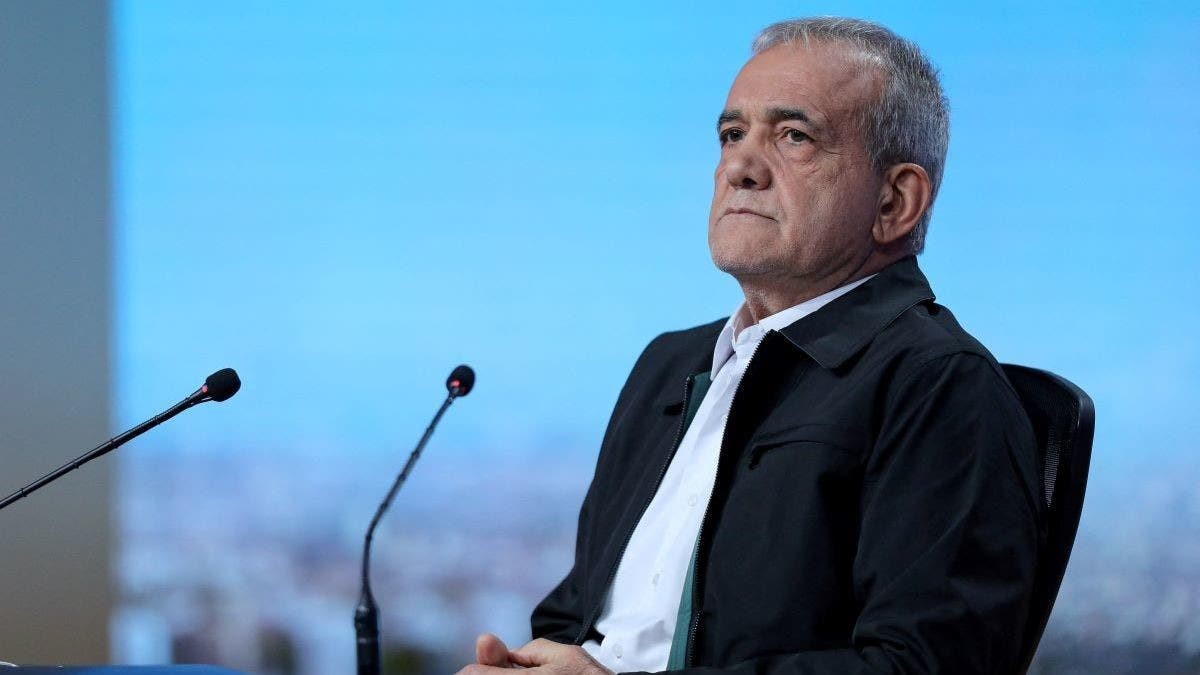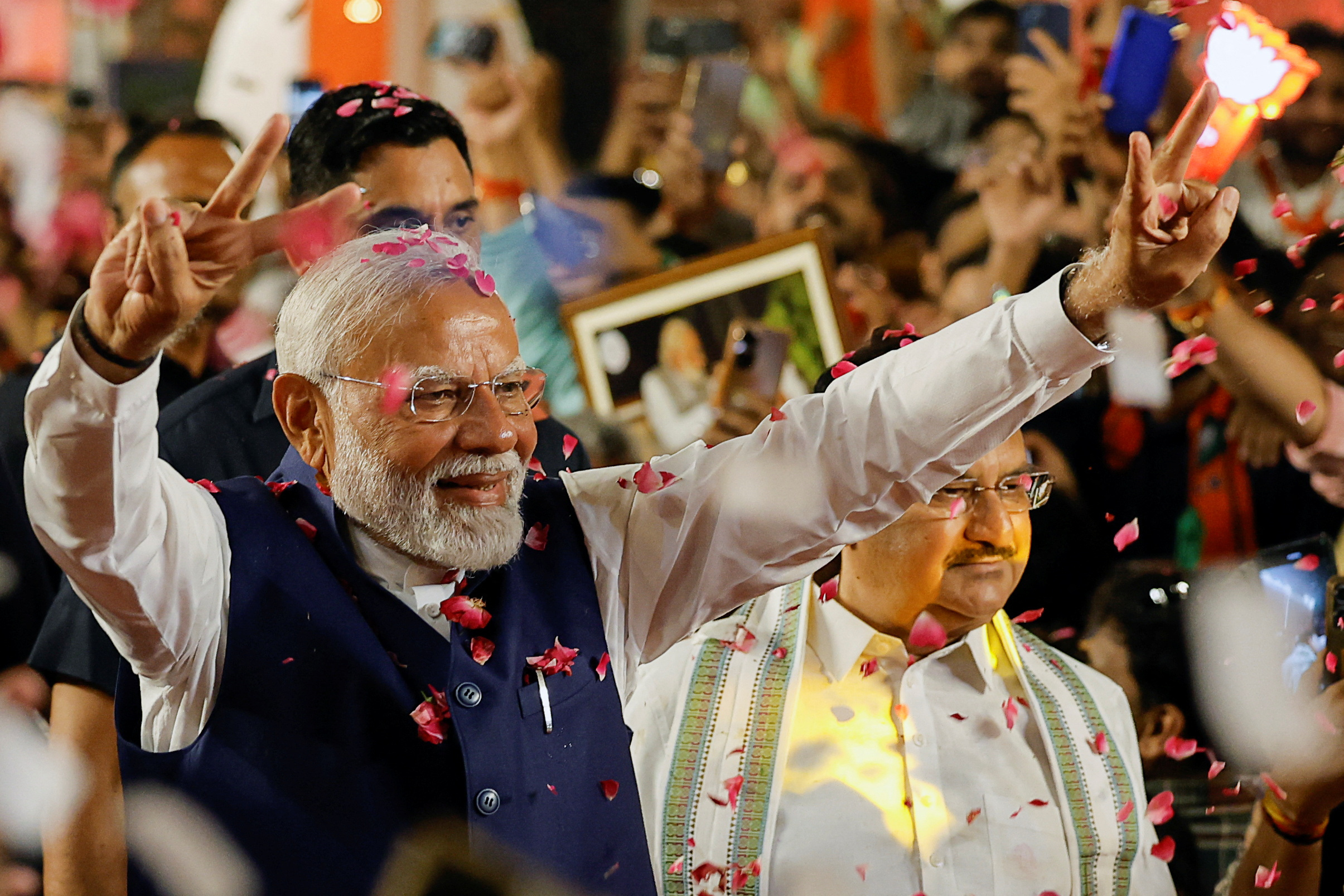The Democratic Republic of the Congo (DRC) is a country located in Central Africa. While the country’s official name includes the term “Democratic Republic,” it has experienced political instability and challenges to democratic governance throughout its history. Here is some information about the election system in the Democratic Republic of the Congo:
- Presidential Elections: The President of the Democratic Republic of the Congo is the head of state and is elected through a direct popular vote. Presidential elections are held every five years. To win in the first round, a candidate must secure an absolute majority (50%+1) of the votes. If no candidate achieves this majority, a second round is held between the top two candidates.
- Legislative Elections: The Congolese Parliament consists of two chambers: the National Assembly (lower house) and the Senate (upper house). Members of the National Assembly, known as deputies, are elected through a mixed-member proportional representation system. Seats are allocated to political parties based on the percentage of votes received. Senators are elected by an electoral college, which includes elected officials from various levels of government.
- Electoral Process: The Independent National Electoral Commission (Commission Électorale Nationale Indépendante, CENI) of the Democratic Republic of the Congo is responsible for organizing and overseeing elections in the country. It manages voter registration, candidate nomination, and the counting of votes. The electoral process has been subject to criticism and has faced challenges related to transparency, fairness, and credibility.
- Voter Eligibility: Congolese citizens who are at least 18 years old have the right to vote. Voter registration is required, and citizens must be included in the electoral roll to participate in elections. Eligible voters can cast their ballots at designated polling stations within their respective constituencies.
The Democratic Republic of the Congo has experienced periods of political instability, armed conflicts, and disputed elections. Efforts have been made to improve the electoral system and promote democratic governance. However, challenges such as limited infrastructure, security concerns, and logistical difficulties have affected the conduct of elections.



